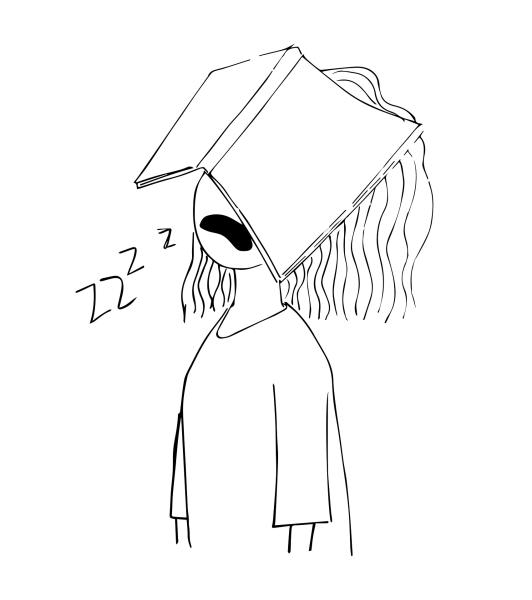“Plants have photoreceptors that respond to different wavelengths of light, allowing them to differentiate not only brightness but color. Tiny grains of starch in organelles called amyloplasts shift around in response to gravity, so the plants know which way is up. Chemical receptors detect odor molecules; mechanoreceptors respond to touch; the stress and strain of specific cells track the plant’s own ever-changing shape, while the deformation of others monitors outside forces, like wind. Plants can sense humidity, nutrients, competition, predators, microorganisms, magnetic fields, salt, and temperature, and can track how all of those things are changing over time. They watch for meaningful trends—Is the soil depleting? Is the salt content rising?—then alter their growth and behavior through gene expression to compensate.”
The rise of artificial intelligence that can chat with us raises the question of whether we need to rethink what we mean by intelligence. What can plants teach us? From Nautil.us, What Plants are Saying About US
While we are delving into nature, consider this.
“Nothing shows more clearly the perfect engineering of the heart than our own failed attempts to imitate it. This history of the total artificial heart is punctuated with both brilliant innovation and continual clinical failure.”
Once again, from Nautil.us, If Technology Only Had A Heart
Einstein’s work on the Theory of Relativity began in his head as a thought experiment.
“Thought experiments are among the most important tools in the intellectual toolbox. Widely used in many disciplines, thought experiments allow for complex situations to be explored, questions to be raised, and complex ideas to be placed in an understandable context.”
The Big Think explores seven thought experiments in philosophy, so this piece is a twofer. You get to read about some areas of philosophy you may not have been acquainted with and try a thought experiment or two yourself. 7 thought experiments that will make you question everything
“Academics are farmers. They have fields, and they cultivate their fields well. Intellectuals are hunters. An intellectual does not have a field but a quarry which he pursues across as many fields as necessary, often losing sight of it altogether. Hunters cannot replace farmers, or vice versa; but if liberal learning in America, hitherto mostly a farm culture, becomes progressively a hunt culture, there will surely be consequences.”
Austin Kleon, who popularized the idea of “stealing like an artist” (a quote attributable to Picasso), provides an analogy for higher education. Hunters and farmers




